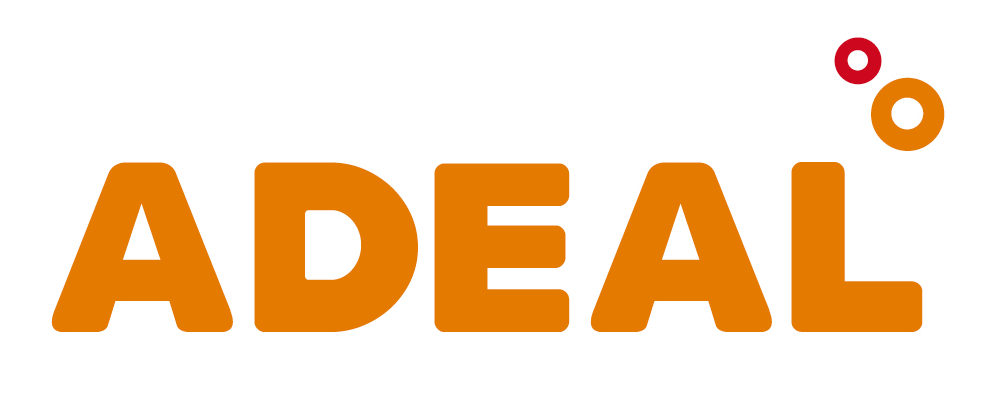Content
We have put together a list of other types of reports that your nonprofit board members should be reviewing. Dummies has always stood for taking on complex concepts and making them easy to understand. Dummies helps everyone be more knowledgeable and confident in applying what they know.
- Nonprofit accounting and bookkeeping revolve around representing an organization’s financial records in compliance with generally accepted accounting principles (GAAP).
- Working with Nonprofit Bookkeeping allows our non-profit to innovate and grow to further impact the needs of our community.
- Your nonprofit accountant can prepare your books, bank accounts, reports and all transactions for a financial audit.
- It is important that these non-cash or in-kind contributions are accounted for at the retail value of the items — especially when the goods or services would have otherwise been purchased by the organization.
- Other services, like online donation acceptance, website management, and course registration require additional fees.
- The Committee of Sponsoring Organizations of the Treadway Commission (“COSO”) established a model for evaluating internal controls for organizations.
- But you still need to understand the different tax regulations for your nonprofit.
QuickBooks Enterprise Nonprofit is issued by Intuit, the financial services and tax software company. Since its launch, it has become a household name, earning over $7.7 billion in revenue in 2020. You can even get discounted accounting software for your nonprofit if you use certain software on this list. These guidelines are made to showcase the morals and values of your nonprofit.
Shop QuickBooks
A good bookkeeper can counsel you on the best accounting software solution for your nonprofit. QuickBooks works well in addressing all of the above needs and easily integrates with apps and the cloud for up-to-date information. Furthermore, your bookkeeper can train you in using QuickBooks or a particular software solution.
- The IRS receives more than 70,000 applications for tax-exempt status every year, so be patient when submitting your application.
- At Good Steward Financial, we offer a full suite of online bookkeeping services for nonprofit organizations.
- My experience inspired me to share some basic bookkeeping best practices for nonprofit organizations.
- QuickBooks works well in addressing all of the above needs and easily integrates with apps and the cloud for up-to-date information.
- The solution you decide on should also allow you to do some form of fund accounting.
If you decide to hire and manage a bookkeeper, you’ll also have to decide whether the position is part-time or requires a full-time, full-charge bookkeeper. Nonprofits need to order purchases ahead of time, budget for them and adequately fulfill them from the start. Purchases need to be orderly because of the strict rules on what you can spend your money on in a not-for-profit organization. Fund accounting separates income sources for better clarity and accounting. For example, a college may have separate accounts regarding scholarships and operations.
Nonprofit Accountants
Nonprofit organizations are entities organized and operated exclusively for educational, social, professional, charitable, health, or other nonprofit purposes. While business stakeholders are concerned with profits, nonprofit stakeholders and board members want to know if the resources are properly utilized https://www.bookstime.com/ and allocated. For-profit entities are individuals, corporations, or partnerships that conduct business for profit. In this case, shareholders, investors, tax authorities, management, and suppliers are interested in the entity’s financial position, and that’s what for-profit accounting focuses on.
So, don’t just create it once and think you’re all set for the rest of the year. It’s important to create an annual operating budget that you can stick to throughout the year. It should be based on a combination of your history, upcoming plans, and other nonprofit bookkeeping services factors as well. Every business, including nonprofits, must protect themselves from fraud. While you’d obviously like to trust everyone that volunteers or works for your organization, you cannot assume that you’re immune from these types of problems.
